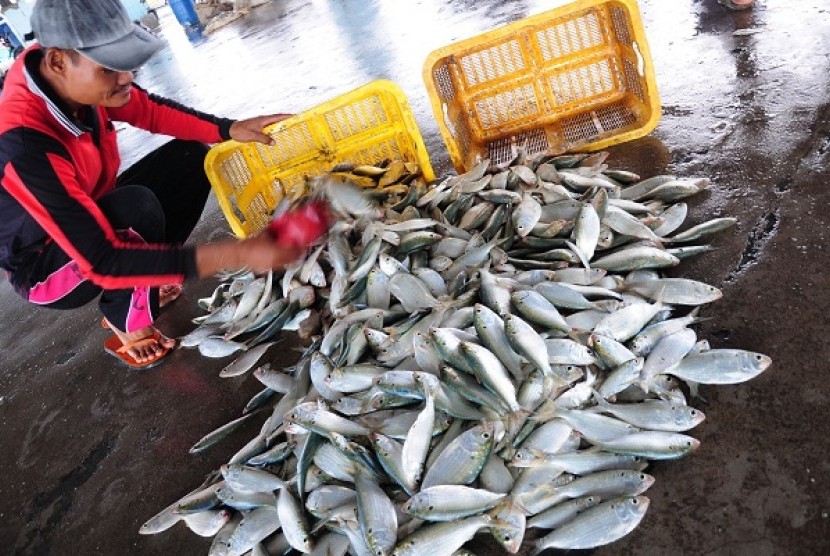REPUBLIKA.CO.ID, JAKARTA -- Minister of Fisheries and Marine Resources Susi Pudjiastuti said that foreign exploitation and poaching of fish and marine resources of Indonesia must be stopped to restore the country's pride as a maritime country.
"It is time to restore our pride by not allowing foreign parties to freely poach our fish and exploit our marine and coastal resources," she noted in a press statement received on Saturday, Nov 22.
She added that no effort was too late to minimize, or even eradicate, the huge losses that foreign parties had inflicted on the country so far through their illegal activities. Pudjiastuti reminded that the coastal ecosystem and natural resources were vulnerable to changes and were easily damaged by interactions between internal and external factors.
If the vulnerability of the seas, coastal areas, and islets was not taken into consideration in their management, it is feared that conflicts of interest pertaining to the exploitation of natural resources will emerge to meet livelihood needs, for short-term economic development, and for future generations.
Indonesian law enforcers recently arrested boat people from the border area of Derawan, East Kalimantan, for their alleged involvement in illegal fishing in Indonesian waters.
"They (boat people) cannot be categorized as traditional fishermen," Pudjiastuti pointed out on Friday.
As many as 435 people believed to have come from abroad were arrested during joint operations from November 17 to 21 for illegally entering the country's waters aboard 132 wooden boats.
The minister noted that the boats they used weighed 10 to 15 gross tons, bigger than the ones used by the traditional fishermen of Berau that weigh some 5 gross tons.



